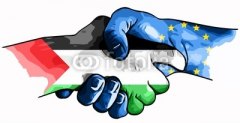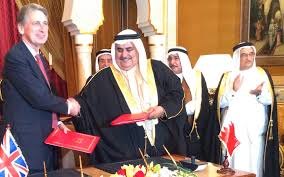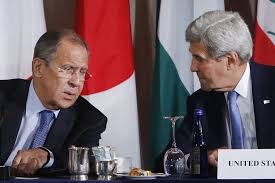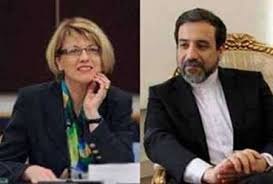The New Politico-Security Approach of Turkey
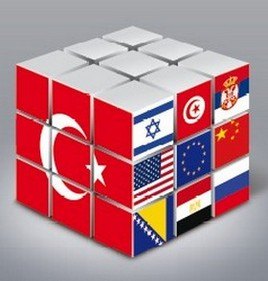
Jafar Haghpanah
Turkey’s politico-security developments in the local and regional levels within a short period after the launch of the new cabinet of Ahmet Davutoglu in November & December 2016 witnessed dramatic dynamics, in which, the continuity and even intensification of an aggressive approach, is considered as the most important characteristics.
In the foreign policy arena, the beginning of a new round of negotiations with the EU was emphasized in order to restart coordinated measures for the continuation of widespread and long term reforms aimed at the accession to the EU. No new policy was introduced by Davutoglu on the most important foreign policy issue namely Syrian crisis as well as war against Takfiri terrorism.
As in former cases, the Ankara Government relied on the air strikes to crack down on the PKK and refrained from Sending ground troops to the conflict zones, considering the possible Increases of casualties and damages on the army in the border areas as well as mountainous Iran-Iraq border. Officials in Ankara invited Massoud Barzani and Nechirvan Barzani, leader of the Kurdistan Democratic Party and prime minister of the Kurdistan Regional Government in December 2016 and tried to limit logistics and transportation of PKK in northern Iraq, taking advantage of their rivalry with the that group.
Despite heavy blows on PKK, the key present problem of Turkey is the spread of these battles to several cities in the Kurdish parts of the southeast provinces. In a new plan to revive reconciliation with the Kurds, Ankara’s authorities are trying to revive reconciliation with the Kurds on a new plan in which, Abdullah Ocalan, the imprisoned leader of the PKK and Selahattin Demirtaş, chairman of People’s Democratic Party would be excluded and a new peace group made up of elites, politicians, civil society activists and the media will be negotiated.
After assumption to the post of Prime Minister, Davutoglu declared that one of his priorities is to make necessary changes in the constitution. However, because 317 seats in parliament belong to the ruling party, Erdogan and Davutoglu need at least 13 votes of other parties so that they could call for a referendum. Of course, even obtaining this few number of votes is very difficult and costly and at the same time requires negotiation with other parties.
The continuing refugee crisis and the presence of two million Syrian asylum-seekers seeking to go to Europe are common security concerns in Europe and Turkey which in recent months, Turkish authorities have taken advantage in negotiating with European leaders to receive financial concessions (about three billion dollars) and diplomatic advantage.
Considering continuation of the regional competition with Iran, severance of tensions with Russia and the deadlock in Syria; a closer relations –even tactical- is predictable between Ankara-Tel Aviv and in parallel between Ankara -Riyadh.

